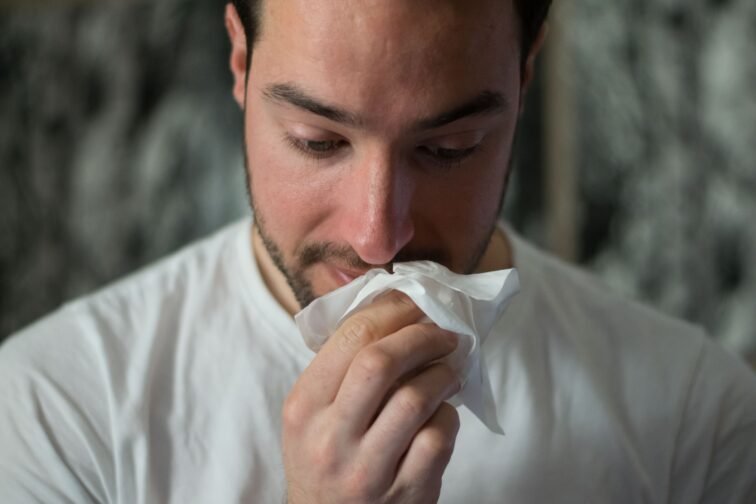Allergies are a reaction of the immune system to a foreign substance, such as pollen, that it perceives as harmful. The most common allergy symptoms are itching, swelling, and redness. Allergies can also cause difficulty breathing, wheezing, and coughing. In severe cases, anaphylactic shock, a potentially life-threatening condition, can occur. Allergies are treated with avoidance of the offending substance, if possible, and with medications such as antihistamines and corticosteroids. Some people also undergo immunotherapy, in which they are exposed to small amounts of the allergen in an effort to build up immunity.
What are allergies?
The body releases histamines in an effort to protect itself, and these histamines cause the symptoms of allergies. Allergies can be mild, moderate, or severe, and they can range from annoying to potentially life-threatening. The good news is that there are many ways to treat allergies and relieve symptoms. In this article, we’ll explore the most common allergy symptoms and how to effectively manage them.
What causes allergies?
Allergies are one of the most common chronic conditions in the United States, affecting more than 50 million people. allergies can cause a wide range of symptoms, from mild (such as sneezing and itching) to severe (including difficulty breathing and anaphylactic shock). allergies can be triggered by a variety of things, including pollen, pet dander, dust, mold, and certain foods. Some people have allergies to more than one thing.
There are two main types of allergies: allergies and allergies. allergies are caused by an overreaction of the immune system to a foreign substance, such as pollen or dust. allergies, on the other hand, are caused by an adverse reaction to a food or medication. Both allergies and allergies can cause similar symptoms, but the treatment is different.
Top 5 Healthy Benefits of a Clean House
How are allergies diagnosed?
If you think you might have allergies, it’s important to see a doctor for an accurate diagnosis. allergies can be difficult to diagnose because the symptoms can vary so much from person to person and can be similar to those of other conditions, such as the common cold. Once allergies are diagnosed, though, there are many effective treatments available.
How can allergies be treated?
If you have allergies, there are a few things you can do to help relieve your symptoms. Avoiding the trigger is the best way to prevent allergies from happening in the first place. If you’re allergic to pollen, for example, try to stay indoors on days when pollen counts are high. If you’re allergic to pet dander, keep your pets out of your bedroom and off of upholstered furniture. If you’re allergic to dust, use a dust mask when cleaning and keep your home as free of dust as possible.
In addition to avoiding triggers, there are several medications that can help relieve allergy symptoms. Antihistamines, for example, can help reduce itching, swelling, and redness. Decongestants can help relieve congestion and pressure. And corticosteroids can be used to reduce inflammation.
The Therapeutic Benefits of a Deep Clean
Living with allergies: tips for managing symptoms
If you have allergies, there are also a few things you should not do. self-medicate with over-the-counter medications without first talking to your doctor. Don’t take more medication than directed. And don’t stop taking your medication without first talking to your doctor.
Allergies can be a nuisance, but with the right treatment, they don’t have to ruin your life. If you think you might have allergies, see a doctor for an accurate diagnosis and treatment plan. With the right precautions and medications, you can enjoy a symptoms-free life.
Allergies can be a nuisance, but with the right treatment, they don’t have to ruin your life. If you think you might have allergies, see a doctor for an accurate diagnosis and treatment plan. With the right precautions and medications, you can enjoy a symptoms-free life.

